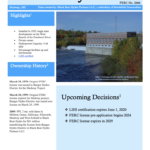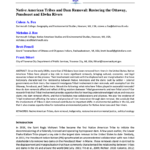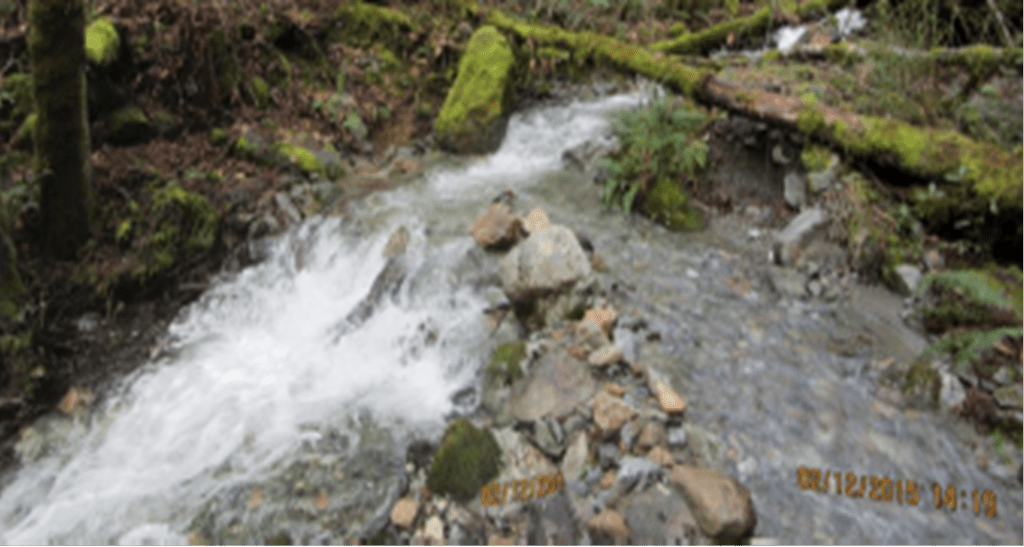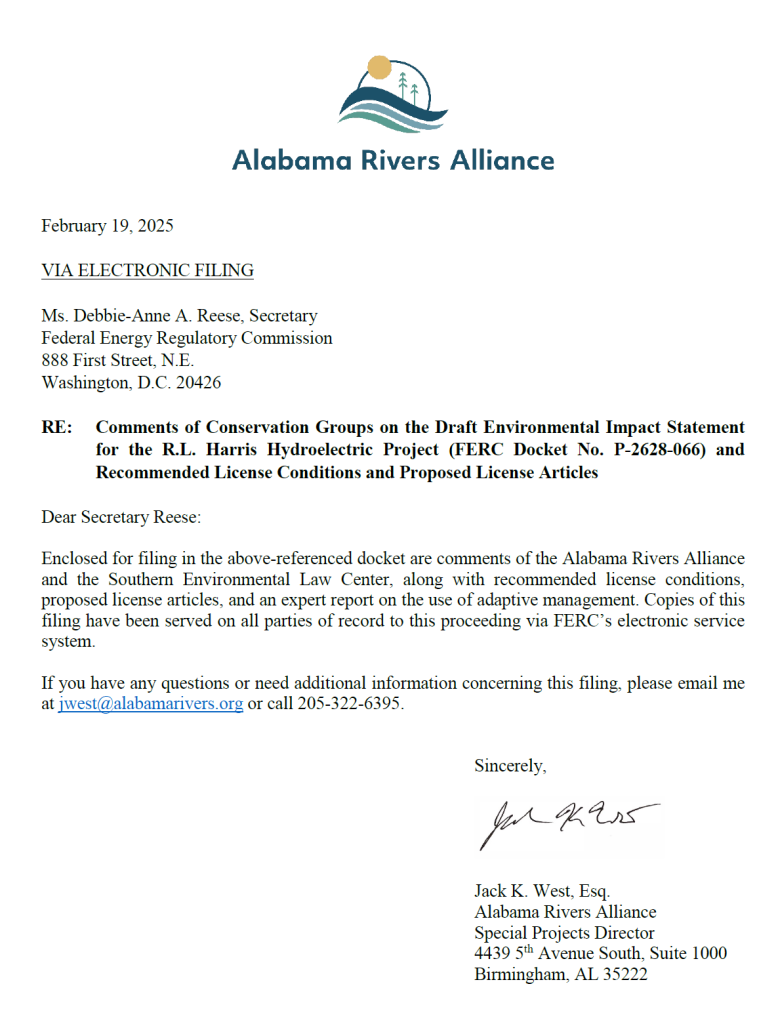Medway P-2666
General information | |
| Waterway |
West Branch Penobscot River |
| Current status | Active license |
| Type of facility | Conventional Hydro |
| Mode of hydropower generation | Run-of-river |
| Type of permit | FERC License |
FERC information | |
| FERC docket # | P-2666 |
| FERC project name | Medway |
| Permit issued | 3/24/99 |
| Permit expiration | 3/27/29 |
Ownership and operation | |
| Owner | Black Bear Hydro Partners LLC |
| Owner type | Private Non-utility |
| Year first online (conventional hydro) | 1923 |
| Transmission or distribution system owner | Emera Maine |
Power and generating capacity | |
| Number of units | 5 |
| Total capacity from hydraulic turbine-generator units within each plant | 4.0 MW |
| Average annual net hydropower generation | 27,941.5 MWH |
The Medway Hydroelectric Project is a run-of-river hydroelectric generating facility located on the West Branch of the Penobscot River in Medway, Maine with a gross nameplate generating capacity of 3.44 MW. The Medway Project commenced initial commercial operations in 1923.
The Medway Project generates renewable electricity while providing recreational opportunities (portage trail and boat launch), fish passage measures, consistent water levels that enhance habitats for waterfowl, etc., and substantial support of the local community through stable property tax payments, reliable voltage support of the electrical distribution system, etc.
The Medway Project consists of a 343-foot-long concrete gravity dam surmounted byflashboards, a 64-foot-long concrete gravity forebay wall, a 120-acre impoundment, a powerhouse containing five generating units with a total installed capacity of 3.44 MW, an approximate 144-foot-long underground transmission line, and appurtenant facilities.
The Medway Hydroelectric Project is one of the three projects included in the the Penobscot River Restoration Agreement. The other two are: Orono Hydroelectric Project (P-2710) and Stillwater Hydroelectric Project (P-2712).
Please see additional project information in this 2020 factsheet created by Kaitlyn Raffier, Sharon Klein, and Emma Fox as part of the Future of Dams collaborative research project between the University of Maine, University of New Hampshire, and others.
Is there something you’d like to add or correct? Please let us know.
News and updates
From California Sportfishing Protection Alliance2/25/2025
State Water Board Takes Action to Protect Klamath River Salmon and Steelhead
From Alabama Rivers Alliance2/21/2025
ARA and SELC submit comments for the R.L. Harris Dam relicensing on the Tallapoosa River






